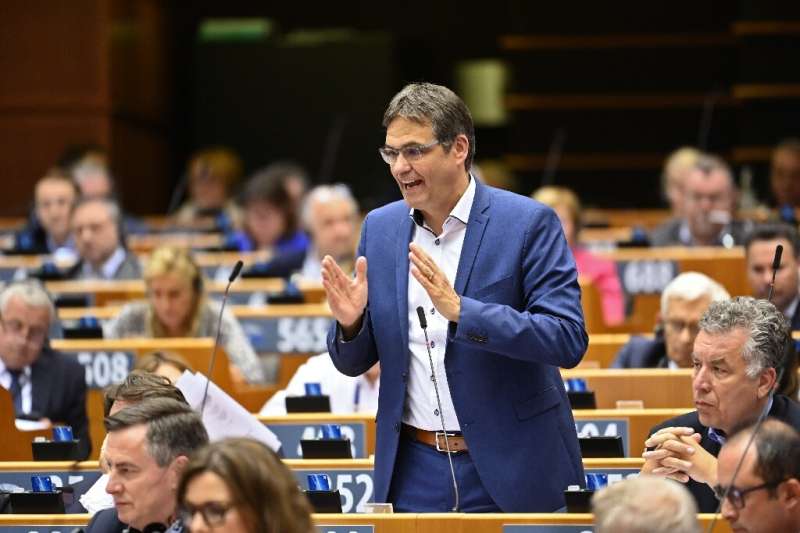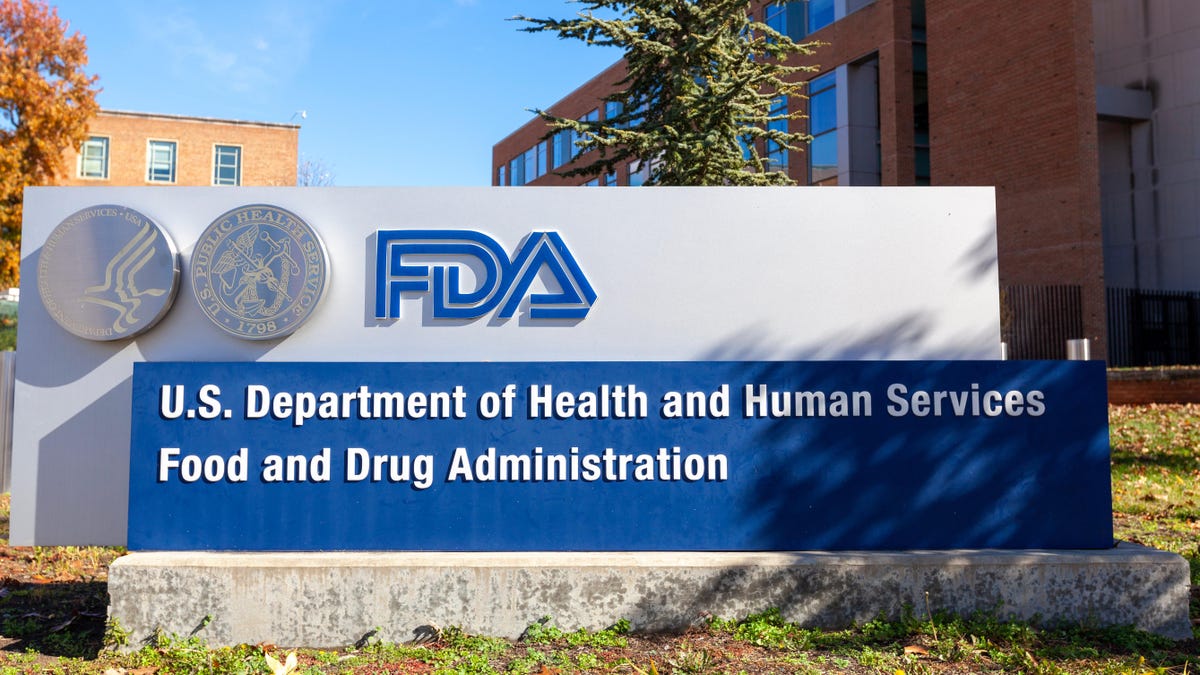
EU member states and parliamentarians on Sunday announced an agreement for a major reform to the bloc’s carbon market, the central plank of its ambitions to reduce emissions and invest in climate-friendly technologies.
The deal aims to accelerate emissions cutsphase out free allowances to industries and targets fuel emissions from the building and road transport sectors, according to a European Parliament statement.
The EU Emissions Trading System (ETS) allows electricity producers and industries with high energy demands such as steel and cement to purchase “free allowances” to cover their carbon emissions under a “polluter pays” principle.
The quotas are designed to decrease over time to encourage them to emit less and invest in greener technologies as part of the European Union’s ultimate aim of achieving carbon neutrality.
Negotiators representing member states and the parliament had spent more than 24 hours in intense talks before reaching an agreement on Saturday night that widens the scope of the carbon market.
The deal means emissions in the ETS sectors are to be cut by 62 percent by 2030 based on 2005 levels, up from a previous goal of 43 percent. Concerned industries must cut their emissions by that amount.
The agreement also seeks to accelerate the timetable for phasing out the free allowances, with 48.5 percent phased out by 2030 and a complete removal by 2034, a schedule at the centre of fierce debates between MEPs and member states.
The carbon market will be progressively extended to the maritime sector and intra-European flights. Waste incineration sites will be included from 2028, depending on a favourable report by the commission.
Climate Action Network, a coalition of NGOs, criticised the agreement, saying it would allow major polluters to continue to receive billions of euros in free quotas for another decade while households would receive little.
‘Ambitious carbon price’
French MEP Pascal Canfin, president of the European Parliament’s environment committee, said the carbon price for industries affected by the ETS would be around 100 euros per tonne.
“No other continent has such an ambitious carbon price,” he tweeted.
A “carbon border tax”, which imposes environmental standards on imports into the bloc based on the carbon emissions linked to their production, will offset the reduction of free allowances and allow industries to compete with more polluting non-EU rivals.
The agreement also aims to make households pay for emissions linked to fuel and gas heating from 2027, but the price will be capped until 2030.
The European Commission had proposed a second carbon market targeting building heating and road fuels, but the plan raised concerns as households grapple with soaring energy prices exacerbated by Russia’s invasion of Ukraine.
The second carbon market would have obliged suppliers of fuel and gas to buy quotas to cover their emissions, but MEPs argued the measure should be limited to offices and large vehicles.
If energy prices continue to spiral, the application of this part of the agreement will be delayed by a year.
Funds from this second market will go to a “Social Climate Fund” designed to help vulnerable households and businesses weather the energy price crisis.
‘Moment of truth’
“This deal will provide a huge contribution towards fighting climate change at low costs,” European Parliament rapporteur Peter Liese said in the statement.
“It will give breathing space for citizens and industry in difficult times and provide a clear signal to European industry that it pays off to invest in green technologies.”
The conservative German MEP added the bloc would have until 2026 to invest in green sources and energy efficiency, after which it would be “the moment of truth: we must reduce our emissions by then, or pay dear”.
The commission first proposed the carbon market reform in July 2021 as part of plans to reduce the bloc’s greenhouse gas emissions by at least 55 percent by 2030 compared with 1990 levels.
The ETS was created in 2005 and applies to around 40 percent of EU emissions.
© 2022 AFP
Citation:EU reaches deal on major carbon market reform (2022, December 18)retrieved 27 December 2022from https://phys.org/news/2022-12-eu-major-carbon-reform.html
This document is subject to copyright. Apart from any fair dealing for the purpose of private study or research, no part may be reproduced without the written permission. The content is provided for information purposes only.
Note: This article have been indexed to our site. We do not claim legitimacy, ownership or copyright of any of the content above. To see the article at original source Click Here













